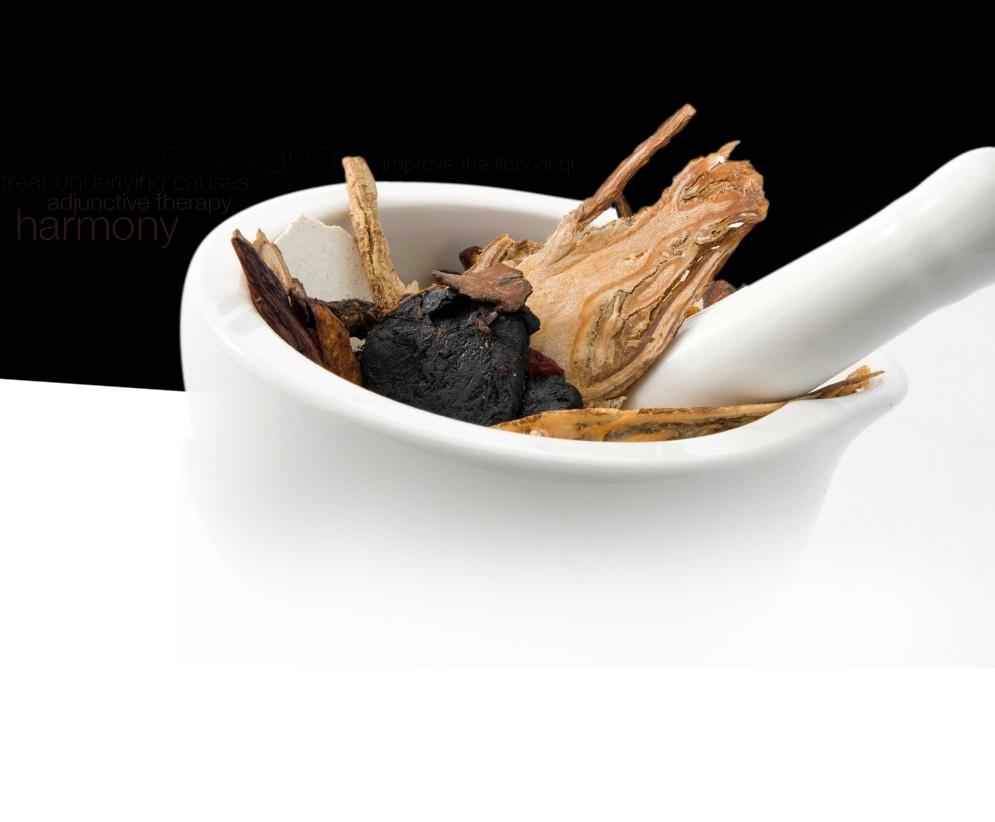COPYRIGHT THE VILLAGE CLINIC 2010


Chinese Dietary Therapy

thevillageclinic
In TCM we believe that each of the organs of the body has a taste associated with it. Using this principle, once a diagnosis has been made, it is possible to use certain foods to help restore balance to organ(s) and thus help promote recovery. In the same way that foods can be used to treat organs, excess consumption of certain foods can actually create an imbalance – a very common scenario.
The tastes
Sweet – the sweet taste is said to affect the spleen and stomach. The type of sweetness that is beneficial is the mild sweetness such as that found in sweet potatoes, carrots, basmati rice etc. The sweet foods that are commonly consumed (chocolate, white sugar, sweets) are too sweet for the spleen and rather than nourish it, they overpower it.
Pungent – the pungent taste is said to affect the lungs, helping cleanse and protect them and disperse any mucus. Pungent foods include peppers, chillies, members of the onion family (including garlic), turnip, ginger, horseradish, cabbage, radish, white peppercorn,
Salty – the salty taste affects the kidneys. Over consumption of salt and salty foods can weaken the kidney. Beneficial salty foods include soy sauce, seaweeds, millet, and barley.
Sour – affects the liver and gall bladder . The sour flavour counteracts the effects of rich and greasy foods, helping break down fats. Sour foods include lemon, lime, pickles, sauerkraut, sour plum. This taste also is often under represented in the modern diet.
Bitter – nourishes the heart. Bitter foods include alfalfa, melon, rye, amaranth, quinoa. This taste tends to be under represented in the modern diet.
The principle of Chinese dietary therapy, is that once a diagnosis has been reached, the practitioner may advise reduction or increase in certain flavours in order to help re-establish internal balance.
